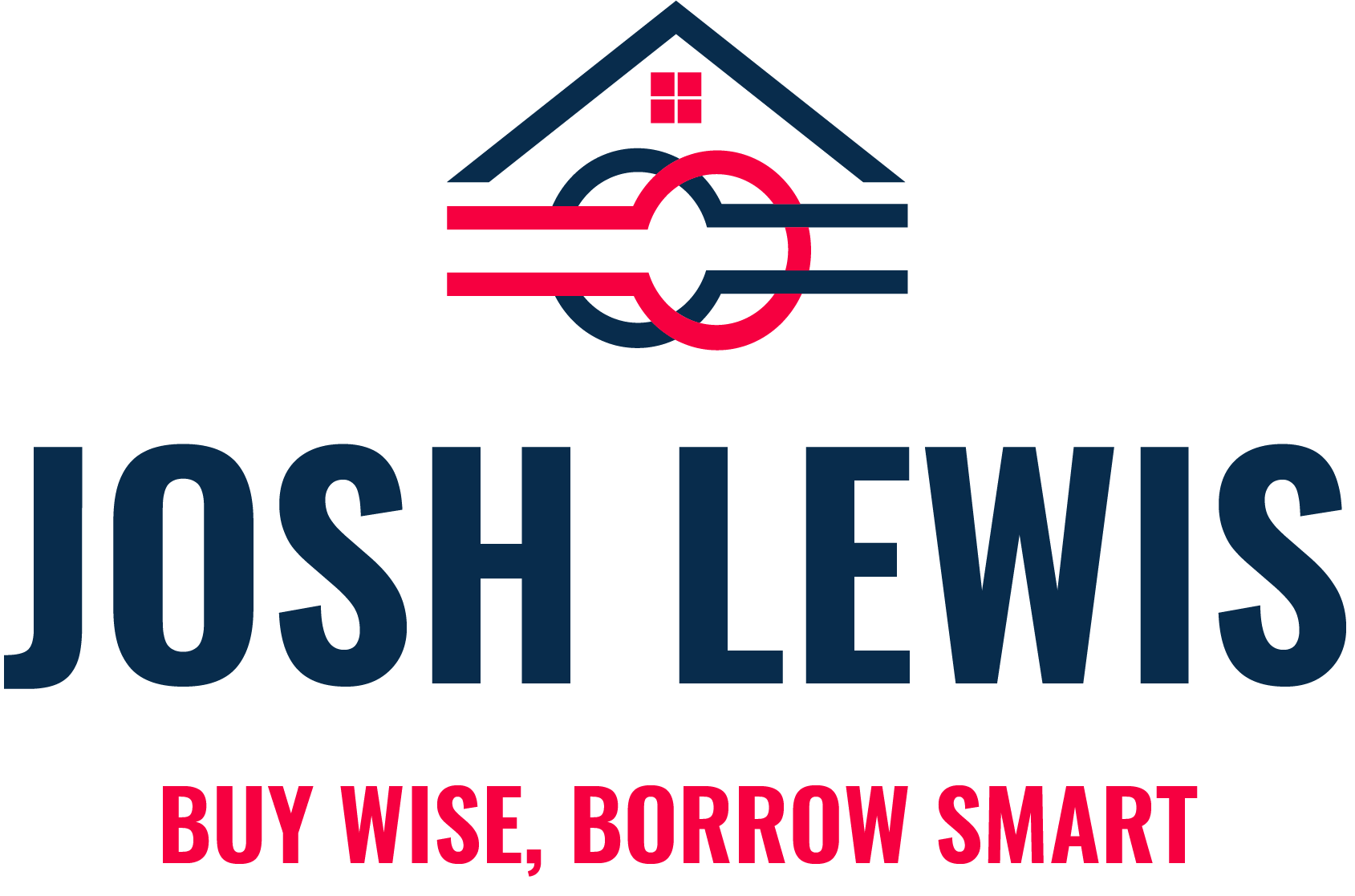Buy Your First HOME With Josh Lewis
Buying Your First Home
At BuyWise mortgage, our goal is to empower you with the knowledge of your different financing options so you can decide on the home that is right for you. Our loan programs are straightforward and allow you to pick the offer that is best for you. Our lending services have allowed thousands of clients to become homeowners.
We're Here to Answer Your Questions
Frequently Asked Questions
REACH OUT TO JOSH LEWIS
Do You Have Mortgage Questions?
Let's chat! During this initial consultation, we'll learn more about your situation and what you're seeking in a home or loan. We'll provide advice and address any concerns you may have, in order to determine the best approach to achieving your goals. By the end of our conversation, we'll have a solid plan of action and next steps for moving forward.



